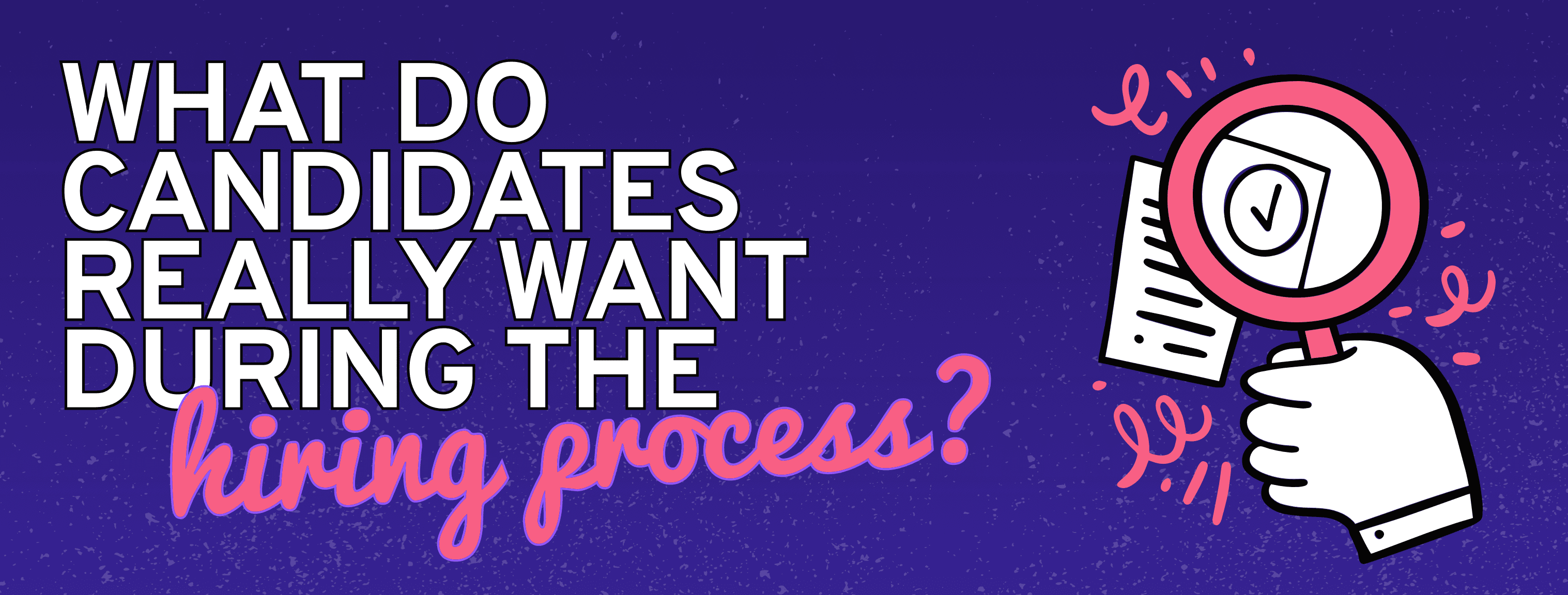What Do Candidates Really Want During The Hiring Process?
Written by Cronofy’s Content Marketer, Amy Gallagher
4th Aug 2022

Scheduling automation specialist, Cronofy, has just launched their annual Candidate Expectations report for 2022, filled with insight from 6,500 candidates in the US, UK, France and Germany. The report looks to determine what candidates really expect from the recruitment process, to help recruiters attract talent and meet their hiring objectives.
The hiring process post-pandemic
Recruiting is a particularly difficult and competitive field to work in at the moment. Mounting skills gaps and the rise in remote and flexible working due to the pandemic have completely changed the hiring landscape. It has never been more difficult for recruiters to meet the needs and wants of the modern candidate. Having some insight into what these are is the best way to remain competitive and improve your hiring process.
Flexible working is now the priority
A flexible working approach is high on the list of candidate demands now thanks to the pandemic. It also instigated the “Great Resignation”, with employees prioritising their mental health and wellbeing in such a time of difficulty. Nearly six times as many employers report increased mental health issues among employees since the pandemic began. According to a report from McKinsey, burnout was amongst the most common mental health issues.
The power is now in the candidate’s hands due to the surplus of skilled jobs compared with the number of available candidates. They’re looking for employers who offer some of the following:
- Robust mental wellbeing
- Healthcare benefits
- Options to work flexibly or remotely
What else is the modern candidate looking for?
Candidates are generally being more selective around the roles they are applying for, due to the job market becoming fiercer and candidates holding more power.
During the hiring process, aside from looking for flexible working options, candidates are on the lookout for companies that have:
- Clear and concise job adverts
- Highlighted expectations around salary
- A diverse and inclusive work environment
- Great company culture
The interview scheduling process
From Cronofy’s report, it’s evident that candidates want their time to be respected, whether this is through flexible working or fast and efficient interview scheduling. 88% of respondents within the 18-34 age bracket said their mental health was negatively impacted by interview scheduling delays.
Our research also delves into the growing appetite for automation during the recruitment process, partially due to the increased reliance on technology during the pandemic. It has impacted all aspects of work as we have become accustomed to relying on technology to communicate and interact with others, and this has trickled down into the hiring process.
A few stand-out findings from the report:
- 83% of senior candidates would drop out of the hiring process if interview scheduling took, any more than a week.
- 72% agreed if they were offered jobs by different employers, their interview scheduling process would affect which one they chose.
- 35% of candidates want, interview scheduling to be automated.
- 64% of respondents agreed switching to a more virtual world during the pandemic had led them to expect more from an employer's technology.
Many recruiters do not think about prioritising the interview scheduling experience, however, Cronofy’s research has shown it is an intrinsic part of the hiring process. When done badly, it results in lost talent and negative brand perception.